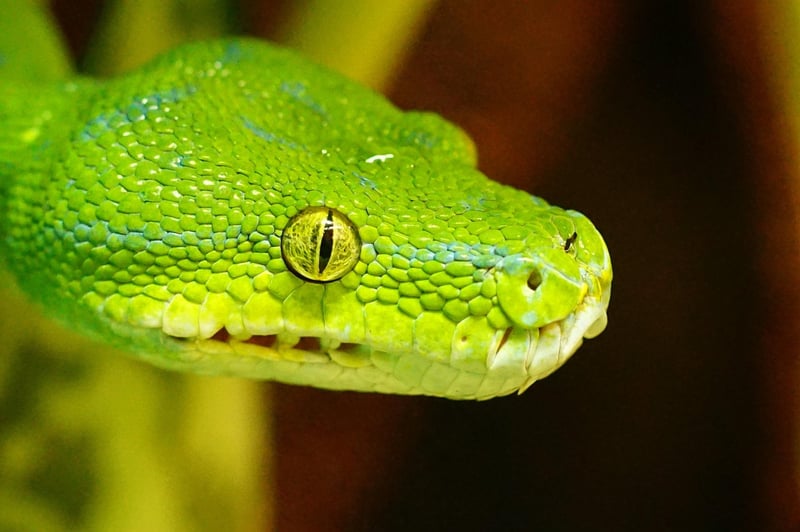Non-Toxic Solutions
Managing Garden Pests in Urban Areas with Non-Toxic Solutions
Urban gardening can be immensely rewarding, but it also comes with its fair share of challenges, particularly when it comes to dealing with garden pests. However, using toxic chemicals to combat pests can have harmful effects on the environment, human health, and beneficial insects. In this article, we will explore some non-toxic solutions to help you effectively manage garden pests in city settings.
1. Companion Planting
Companion planting involves growing certain plants together to naturally repel pests or attract beneficial insects. For example, planting marigolds alongside vegetables can help deter nematodes, while growing basil near tomatoes can ward off tomato hornworms.
2. Neem Oil
Neem oil is a natural pesticide derived from the neem tree. It is effective against a wide range of pests, including aphids, whiteflies, and spider mites, while being safe for beneficial insects like bees and ladybugs.
3. Insecticidal Soap
Insecticidal soaps are made from natural ingredients and work by suffocating soft-bodied insects like aphids, mites, and mealybugs. They are safe to use around pets, wildlife, and children.
4. Diatomaceous Earth
Diatomaceous earth is a fine powder made from the fossilized remains of diatoms. It is abrasive to insects with exoskeletons, causing dehydration and death. Use it sparingly to avoid harming beneficial insects.
5. Physical Barriers
Installing physical barriers like row covers or netting can prevent pests from reaching your plants. This method is particularly effective against flying insects like cabbage moths and carrot flies.
6. Handpicking
Regularly inspecting your plants and handpicking pests like caterpillars, snails, and beetles can be an effective way to control infestations, especially in small urban gardens.
Conclusion
By incorporating these non-toxic pest control methods into your urban gardening practices, you can create a healthy and thriving garden while minimizing the negative impact on the environment. Remember that a balanced ecosystem with a variety of plants and beneficial insects is the key to long-term pest management in city gardens.
Happy gardening!

Source: Pixabay
